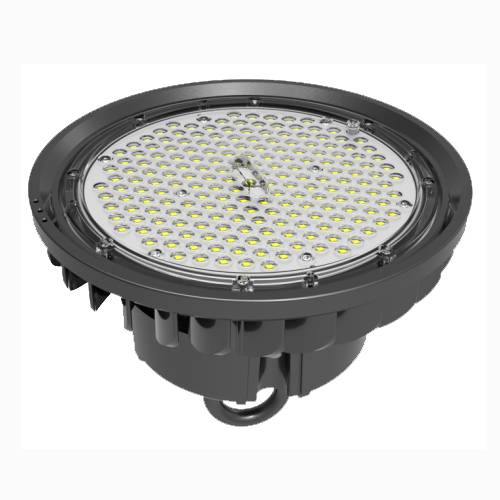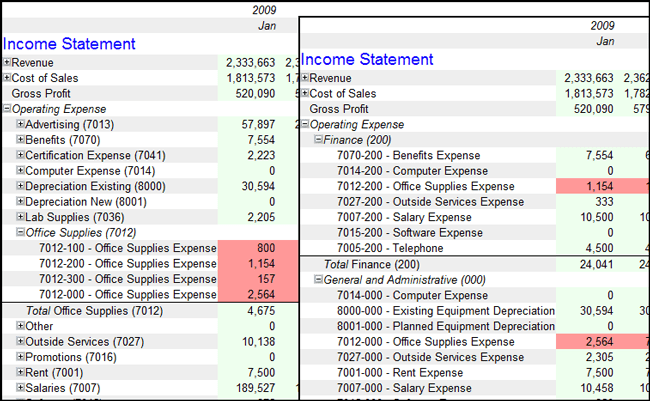
That way, you can start building a positive payment history, but you’re also low risk to the credit card issuer. Once approved, it advances 80 percent to 90 percent of the unpaid invoices, which you can use for any business expenses. Bank financing solutions have strict requirements and regulations to adhere to, with large amounts of paperwork to complete, making the loan process complex and time-consuming.
The maximum amount you can qualify for depends on the total amount and quality of your invoices, as well as on your creditworthiness. In this case, you’re never waiting for the customer to settle your debt, although this sometimes means your lender will collect from your customer instead. For the PSP, there is no exposure risk and the solution adds value to their proposition by providing its merchants with an ongoing relationship as a short-term lender.
What’s the difference between invoice financing and invoice factoring?
Just like invoice financing, you won’t typically be forced to put up any physical assets as collateral. The main difference between invoice financing and accounts payable financing is that the latter requires a credit check to see if you qualify for the loan. However, the sector has established a clear code of conduct to ensure the best possible service.
How Can Invoice Factoring Benefit Your Business? MOVIESR.NET – Midgard Times
How Can Invoice Factoring Benefit Your Business? MOVIESR.NET.
Posted: Thu, 17 Aug 2023 10:13:49 GMT [source]
This frees up your time, allowing you to focus on your business operations without distractions. It also saves you from the dirty work of chasing after customers for repayment, helping you maintain harmonious customer relationships. Vendors will provide buyers with credit so that they can purchase their goods and/or services. The buyer then uses the profits to pay the vendor back the loan plus an agreed interest rate. Invoice finance lenders can advance recruitment agencies the money they need to pay their contractors quickly and efficiently.
What is invoice financing?
However, an independent factor must borrow from a third party in order to fund your invoices. That can increase risk and costs for your business, and can reduce efficiency. Businesses rely on accounts receivable financing to generate cash quickly while waiting for clients and customers to pay their unpaid invoices. In turn, this cash gives the business enough working capital, whether they need to manage payroll, buy inventory, pay vendors, or pay a bill. Invoice financing is an easier type of loan to qualify for because it considers your clients’ credit and payment history more heavily than your business’s. Many invoice financing companies work with business owners with bad credit, making it an accessible funding option.
- In this case, the finance provider assumes the entire risk for non-payment from the Buyer.
- A business’s clients are very valuable relationships and a bank offers a level of comfort not found in independent alternative financing companies like BlueVine or Fundbox.
- Let’s look at a real-life example of when a small business owner might decide to use invoice financing.
- Invoice financing is requested predominantly by Suppliers but Buyers can also arrange a service known as reverse factoring, which is explained below.
- As well as negotiating the deal, your broker will also be on hand to remove roadblocks, keep all parties focussed on closing the deal on time and acting in your best interests at every stage in the process.
- An owner with a poor credit score might have trouble getting approval from certain financial companies.
Need funding for your small business and have a stack of unpaid invoices piling up? If you’re interested in securing fast, flexible financing quickly, you may also want to consider applying for a business line of credit. If approved, you can borrow against your line of credit and only pay interest on the money you’ve taken out.
How do companies qualify for invoice factoring?
Invoice financing can help business owners account for gaps in cash flow in order to purchase inventory, pay employees and, ultimately, grow faster. Enness can deliver negotiated options for your perusal within just a few working days. With access to more than 500 global lenders and with an ability to source, negotiate and close transactions in the minimum timeframe, Enness can help you unlock working capital in just a few days. As well as negotiating the deal, your broker will also be on hand to remove roadblocks, keep all parties focussed on closing the deal on time and acting in your best interests at every stage in the process.
- The lender will charge interest on the amount you borrow, as well as fees (generally a percentage of the invoice totals).
- Here’s what you need to know about invoice financing, how it works and where to get it for your business.
- The invoice factoring company pays the Supplier an initial amount of the outstanding invoice and may also, depending on the type of factoring used, chase the Buyer (Importer) for payment when the invoice falls due.
But not everyone looks forward to the process and time it takes to get approved for a traditional business loan—and that’s assuming you can get approved in the first place. Invoice financing lenders consider several factors in making their decision to accept your company as a borrower. The lender will charge interest on the amount you borrow, as well as fees (generally a percentage of the invoice totals). Taken together, this can represent a total of up to 30% of the value of your invoices in annual interest.
What is the difference between invoice financing and factoring?
The lender also limits its risk by not advancing 100% of the invoice amount to the borrowing business. Invoice financing does not eliminate all risk, though, since the customer might never pay the invoice. This would result in a difficult and expensive collections process involving both the bank and the business doing invoice financing with the bank. As companies get access to funding based on receivables, invoice financing is also known as invoice finance, accounts receivable financing or receivables financing. Nevertheless, factoring companies have a team of professionals who dedicate themselves to collecting outstanding payments from clients in the most efficient way possible.
The company may check the business credit of the client that owes the invoice, and permission to do that is not required as anyone can check business credit. A financing company might immediately advance you 85% of that amount—$85K—and hold $15K in reserve. A bank factor provides the same flexibility and benefits as an independent factor, but also offers additional advantages. Once you understand the process, you can determine if it makes sense for your business. Let’s look at a real-life example of when a small business owner might decide to use invoice financing.
Invoice factoring is important because it offers fast funding for businesses that qualify. Both invoice factoring and accounts receivable financing benefit businesses by providing funds in advance of collection. When working capital is critical to your business operations – as it is for nearly everyone – both of these financing options quickly put money into the business. In addition, both offer professional credit services and receivables management. Invoice financing is a short-term business financing arrangement that provides business owners cash that is structured as a loan or a line of credit.

Upon ‘buying’ your invoices, factoring companies usually take on the responsibility of collecting money from your customers. Invoice discounting enables you to take out a loan using unpaid invoices as collateral. Invoice factoring is also known as accounts receivable factoring or debt factoring. To avoid confusion, this article proceeds on the basis that invoice financing and invoice factoring are two distinct concepts (as explained above).
If you decide you need cash faster than the client typically pays you, you can apply with a factoring company. Invoice factoring is a type of financing that allows business owners to get paid faster on invoices for work they’ve already performed. While factoring isn’t ideal for all industries and is more expensive than other types of financing, it’s a great option for many business owners in certain industries or with certain credit profiles. If you’re looking for a fast way to get a short-term type of financing, invoice finance can be a solid option. The application and approval process is much faster than with traditional loans, and funds may be deposited in your account in as little as one business day. Invoice financing provides businesses with working capital to improve cash flow, pay employees and suppliers, and reinvest in operations and growth by providing short-term financing secured by outstanding invoices.
While we adhere to strict
editorial integrity,
this post may contain references to products from our partners. We provide credit insurance coverage and use cutting-edge technology to manage risks and ensure financial stability. Financing of invoices issued by your company when the customer is not notified about that. Check the financing limit available on your deal or go straight to Stenn’s easy online application form. Stenn pays 90% of the invoice value (£9 000 (GBP)) to Exporter Ltd within 48 hours of the relevant signed documents being approved.
The IRS considers several factors in determining whether any factored receivables qualify as taxable. The purpose of this determination is to prevent firms from using invoice factoring to transfer income overseas or engage in tax avoidance or tax evasion regarding the use of invoicing. This guide will answer all of your questions about invoice factoring, helping you determine if it’s a good fit for your business. Invoice financing Kay’s Catering hosted a corporate event for their client, Mega Software Solutions, and sent an invoice for $20,000 with a 30-day payment term. The next day, another client reaches out and wants Kay’s Catering to cater a birthday party last minute. But until Mega Software Solutions pays their invoice, Kay’s Catering doesn’t have enough cash to hire extra cooks and servers required for that event.
